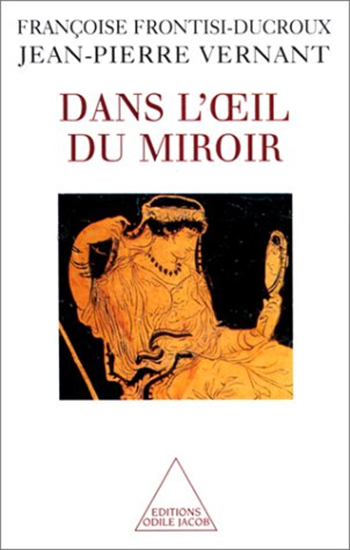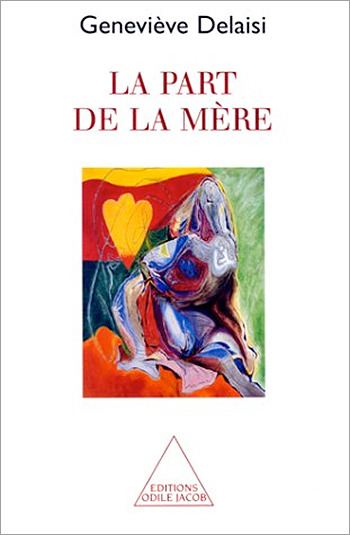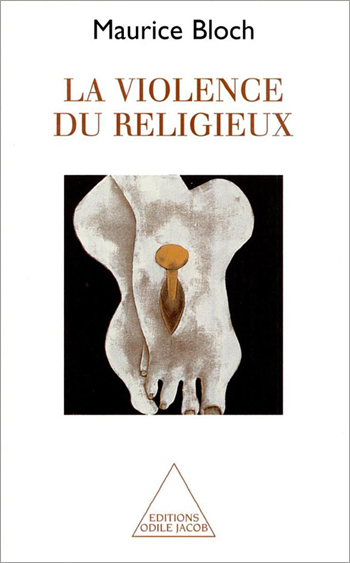Human Sciences All books

René Frydman
God, Medicine and the Embryo
With ethical questions raised about medically assisted pregnancies and medical experimentation, the eugenics debate has become a mute point. Yet bioethical legislation has remained ambiguous. René Frydman has made himself the ardent defender of progenics, a predictive and humanistic medicine. Here, Frydman reflects on the problem of the human embryo through the different points of view of science, religion, law, and morality, and answers ethical and religious questions that he has been asked by his patients. René Frydman is a gynecologist-obstetrician and a member of the FrenchEthics Committee.

Jean-Pierre Vernant, Françoise Frontisi-Ducroux
In the Eye of the Mirror
How do the Greeks think of themselves ? Why do mirrors rarely reflect the true image of the person that looks into them ? And what image are they trying to project on others ? Formulated from an abundance of literature, iconography, and archeology, this book discusses the beginning foundations of individual representation. It is primarily a study of realities and appearances in an interpersonal society where social and personal status are dependant on how one is viewed and received in society. Secondly, the book analyses sexual identity and what it was in ancient Greece, through the study of a universal symbol, the mirror. Jean-Pierre Vernant and Françoise Frontisi-Ducroux teach at the College of France.

Denis Jeambar
A State Secret
From a resounding victory, full of promises, to a surprise, humiliating defeat, the presidency of Jacques Chirac didnt manage to astonish the French nation or the world. This book lifts the lid on the plotting and secrets of the presidency. Denis Jeambar is the editor of the Express.

David Lepoutre
At the Heart of the Suburbs Codes, Rites and Languages
In the last 15 years, the social disease of suburban youth has been on the front pages of newspapers, feeding fear and encouraging a certain social and political discourse centered around the notions of crisis, disorder and desocialization. Coming from a direct experience, this book opposes the "problematic of the social vacuum" with a resolutely ethnological approach to relations between the adolescents of large urban settings. David Lepoutre is a professor of History and Geography in the second degree and gives courses in Ethnology at the Universities of Paris XIII and Lille II.




